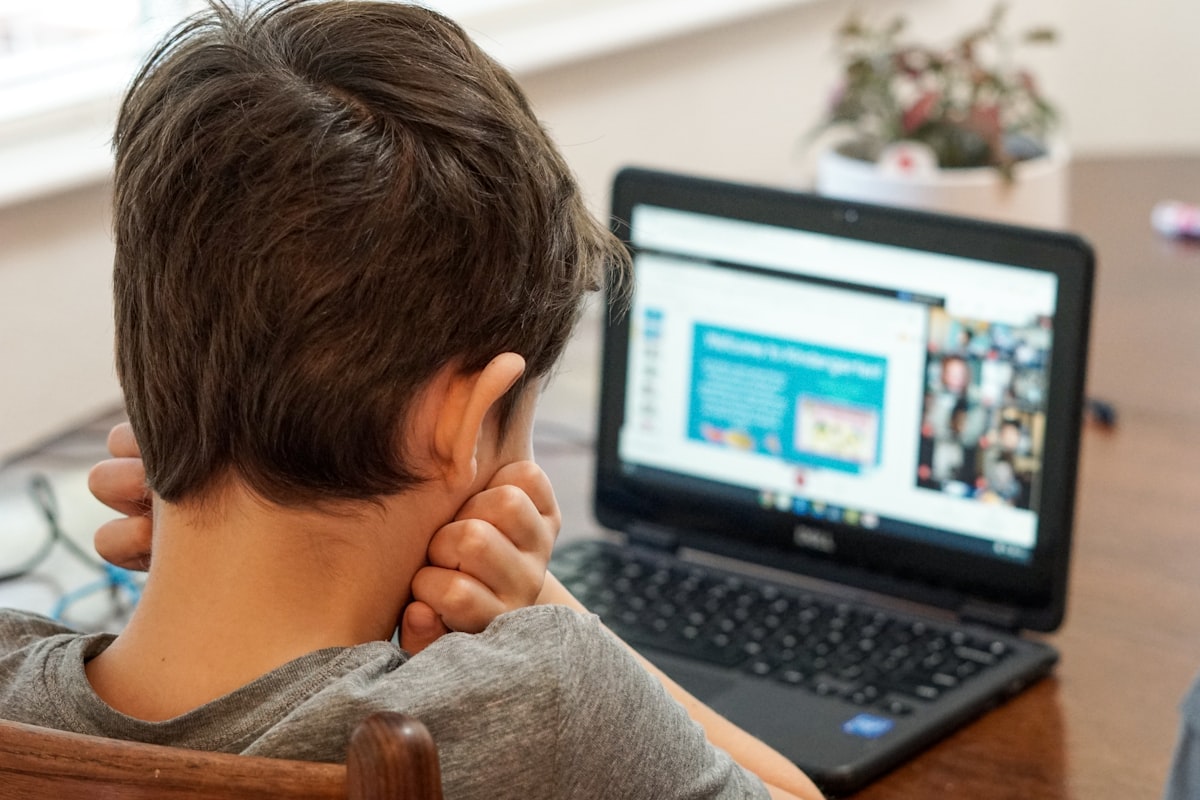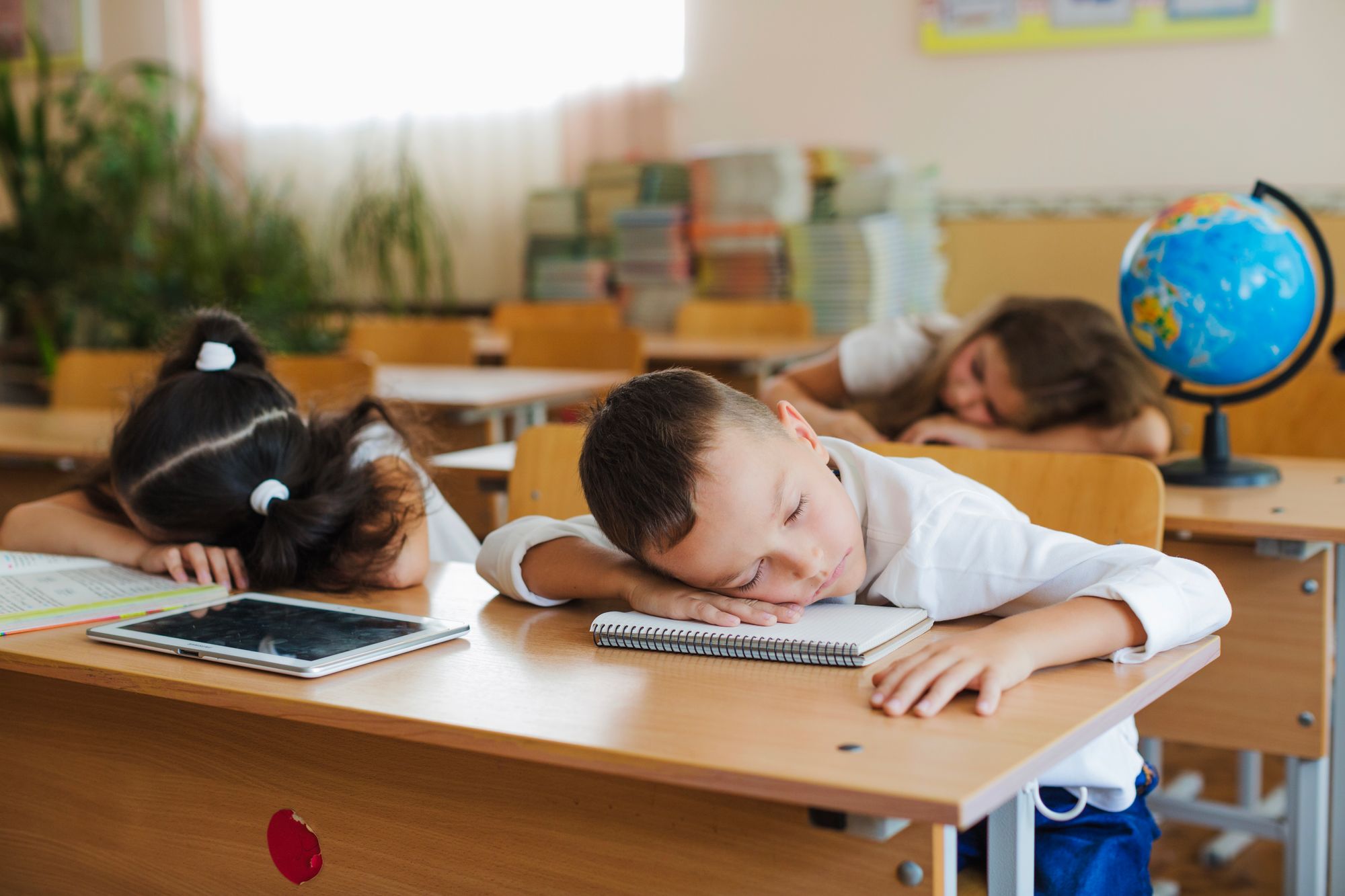Are we too reliant on computers? See how schools contribute to screentime.

Schools in the United States have been incorporating technology into their curriculum now more than ever. This technology has made teaching and learning both efficient and easy. From handing out assignments to engaging with students, technology has become a core part of every classroom. But with students spending 6 hours in school, is it really recommended for so much screen time?
The Issue
With the rise in technology, teaching students social skills and other important human skills is made harder. While using computers is good for submitting essays, they are not good for teaching students about teamwork and communication. Face-to-face socialization is something that should be taught at a young age instead of being exposed to technology and being taught to rely on these things.
The next issue is with screen time. Spending 6 hours staring at screens in school and then staring at phones and other stuff at home is an extremely unhealthy habit. Screen time has been linked to a multitude of mental health issues and physical issues. In fact, an article by the National Institute of Health links obesity, poor stress management, and insulin resistance to screen time. It also stated that increased screen time can lead to ADHD-related behaviors and inaccurate diagnoses of ADHD. Another point to mention in the study is an average of 7.5 hours of screen time reported by teens. If school screen time is added on top of this, then students could be spending up to 13.5 hours on screen time.
Schools Aren't the Only Issue
We can't just look at schools as the only thing that's causing these problems related to screens. A big portion of this is affected by social media and the interactions that occur online. In fact, another article by the NIH claims that social media and others can directly cause us to alter our sleep patterns. See the article below if you're curious on how to stop sleeping

This article also reveals that the results are starting from age 11 and up. Not only does this show an extremely negative effect on pre-teens and teens, but it can also contribute to immense problems in our quality of life. In fact, this article links artificial lighting at night to one of the causes of heart disease. Among their statements, they state "To reduce the amount of light in the bedroom, researchers recommend turning off lamps, computers, tablets, cell phones, and other light-emitting electronics before you go to bed. Some of those devices, particularly cell phones, emit wavelengths of blue light that can mimic daylight and interrupt sleep." which demonstrates the effects of technology on your sleep cycle. But when we are exposed to so much technology within our classrooms and all around us, is it really fair to blame us for this increased reliance on electronics?
The Solution
Reducing screen time has to happen both within classrooms and at home to ensure decreased reliance on it. Kids and students should be taught from a young age what the consequences of social media are and about sleep deprivation. The 6 hours within the school should not be spent on computers the whole time. Maintaining a balance is necessary to ensure healthy and engaged students. Not to mention that there are way too many distractions with technology.
We all tend to believe teaching can be replaced by technology but that's not the case. Simply replacing modern teaching with technology removes the human factor which is important in learning. Without a human, students will learn to trust their technology and not be taught about their topics and open valuable discussions with their peers.
Schools significantly contribute to screen time and it can have drastic consequences. The average school day is around 6 hours meaning that students could be spending up to 13.5 hours on their devices. This is extremely dangerous for their physical and mental health. Hopefully what you can take from this is that there is a drastic need to educate about the dangers of overreliance on technology and prevent it.
Find an issue with this article? Message us at [email protected] to report it!





